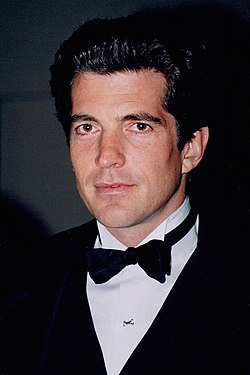The Life and Legacy of JFK Jr.

Introduction
John Fitzgerald Kennedy Jr., commonly known as JFK Jr., is a figure whose legacy remains significant in American history. Born on November 25, 1960, to President John F. Kennedy and Jacqueline Kennedy Onassis, his life was marked by tragedy, public scrutiny, and a legacy of public service. The importance of understanding JFK Jr. lies not only in his lineage but also in his own contributions and the enduring fascination surrounding his life.
Career and Contributions
JFK Jr. graduated from Harvard University in 1983 and later earned his law degree from New York University. He made a name for himself as a public figure, not just as the son of a beloved president but also as a lawyer, magazine publisher, and pilot. In 1995, he founded “George,” a political magazine that sought to appeal to younger voters and provide a platform for political discourse. JFK Jr. used his platform to engage with issues of social justice and public service, embodying the Kennedy family’s sentiment of public service. His dedication to public life was evident in his involvement with various charitable organizations and efforts to promote civic engagement.
The Tragic End
On July 16, 1999, JFK Jr. tragically perished in a plane crash alongside his wife, Carolyn Bessette Kennedy, and her sister, Lauren Bessette. The crash occurred near Martha’s Vineyard under challenging weather conditions, leading to nationwide mourning and a resurgence of public interest in the Kennedy family. The event shed light on the dangers of private aviation and brought forth discussions on aviation safety reforms.
Ongoing Legacy
In the years following his death, JFK Jr.’s legacy has only expanded, with numerous tributes, documentaries, and books examining his life and impact. His ideals of public service, empowerment, and engagement continue to resonate today, inspiring new generations in political and social realms. JFK Jr. is often remembered not merely as a prominent figure but as a symbol of hope and potential.
Conclusion
The legacy of JFK Jr. is profound, marked by his contributions, early death, and the public’s everlasting fascination with the Kennedy family. As we reflect on his life, we recognize the importance of his vision for civic engagement and public service. Today’s readers can draw inspiration from JFK Jr.’s life, motivated by his unwavering commitment to public welfare and the impact one individual can have on society. Looking forward, his legacy serves as a reminder that the ideals of leadership and service remain ever relevant.








